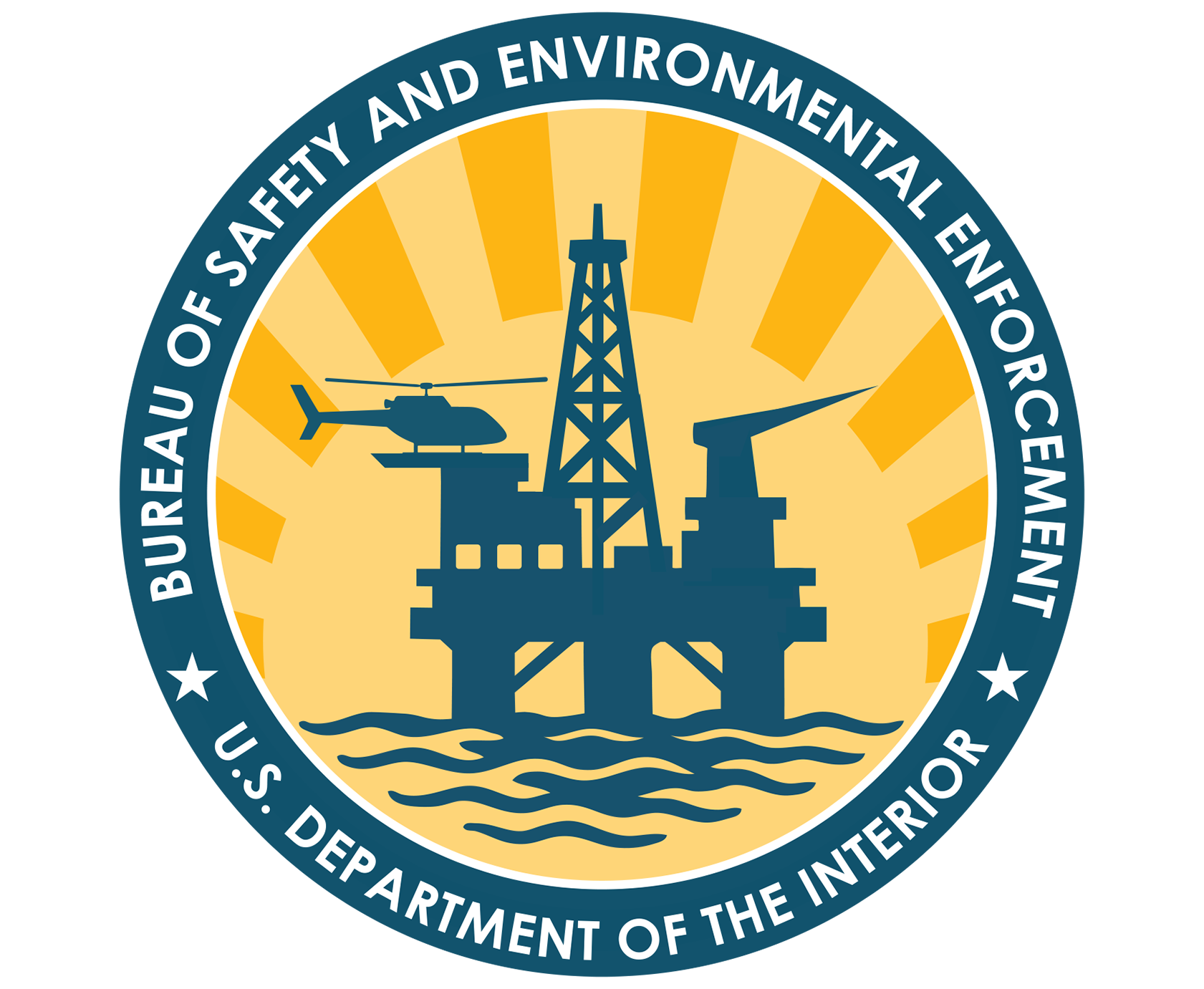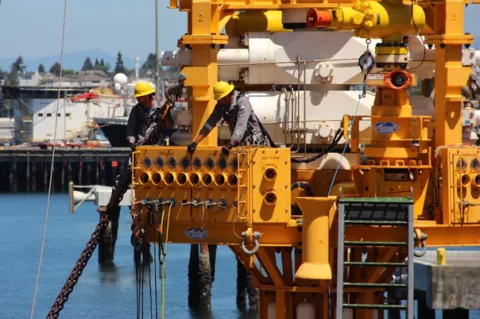Our Mission
The Office of Offshore Regulatory Programs (OORP) drives and supports continual improvement in safety, environmental protection, and offshore resource conservation through data and risk analysis, safety improvement initiatives, regulatory development and maintenance, standards and stakeholder engagement, policy development and oversight, and emerging technology evaluations to provide strategic guidance in support of BSEE’s regulatory oversight and enforcement mission.
BSEE’s regulatory programs evaluate emerging technologies, safety improvements, and the development and maintenance of regulations, policies, standards, and guidelines. Additionally, branches of the Office of Offshore Regulatory Programs (OORP) manage compliance programs governing oil, gas, and mineral operations on the Outer Continental Shelf (OCS).
Since OORPS’s technical staff manage BSEE’s operational and safety programs, they regularly coordinate and partner with the U.S. Coast Guard, other Federal and State agencies, industry groups, and international regulatory agencies to ensure common goals and objectives are achieved and lessons-learned are shared during safety, environmental and regulatory projects.
Our Responsibilities
- OCS regulations and the associated policy documents
- Safety management programs
- Safety and pollution prevention research
- Technology assessments
- Best Available and Safest Technology
- Inspection policies
Our Branches and Offices
-
Emerging Technologies Branch
Identifies, develops and incorporates those existing, new, or emerging technologies -
Engineering Technology Assessment Center
Provides BSEE’s headquarters, regional and district offices with consulting expertise, value-added solutions -
Inspection Policy Branch
Responsible for the development and coordination of national-level policies, program administration, and oversight -
Offshore Safety Improvement Branch
Responsible for oversight of the Bureau's programs for the National Aviation management and aviation safety -
Regulations and Standards Branch
Updates existing, and develops new, regulations; issues regulatory guidance; assesses industry standards; and more -
Risk Assessment and Analysis Branch
Works to capitalize on the best risk-management approaches and risk and safety implications from equipment failures -
Safety Performance Enhanced by Analytical Review (SPEAR)
The SPEAR team is a research and development effort to unearth new data analytic tools







